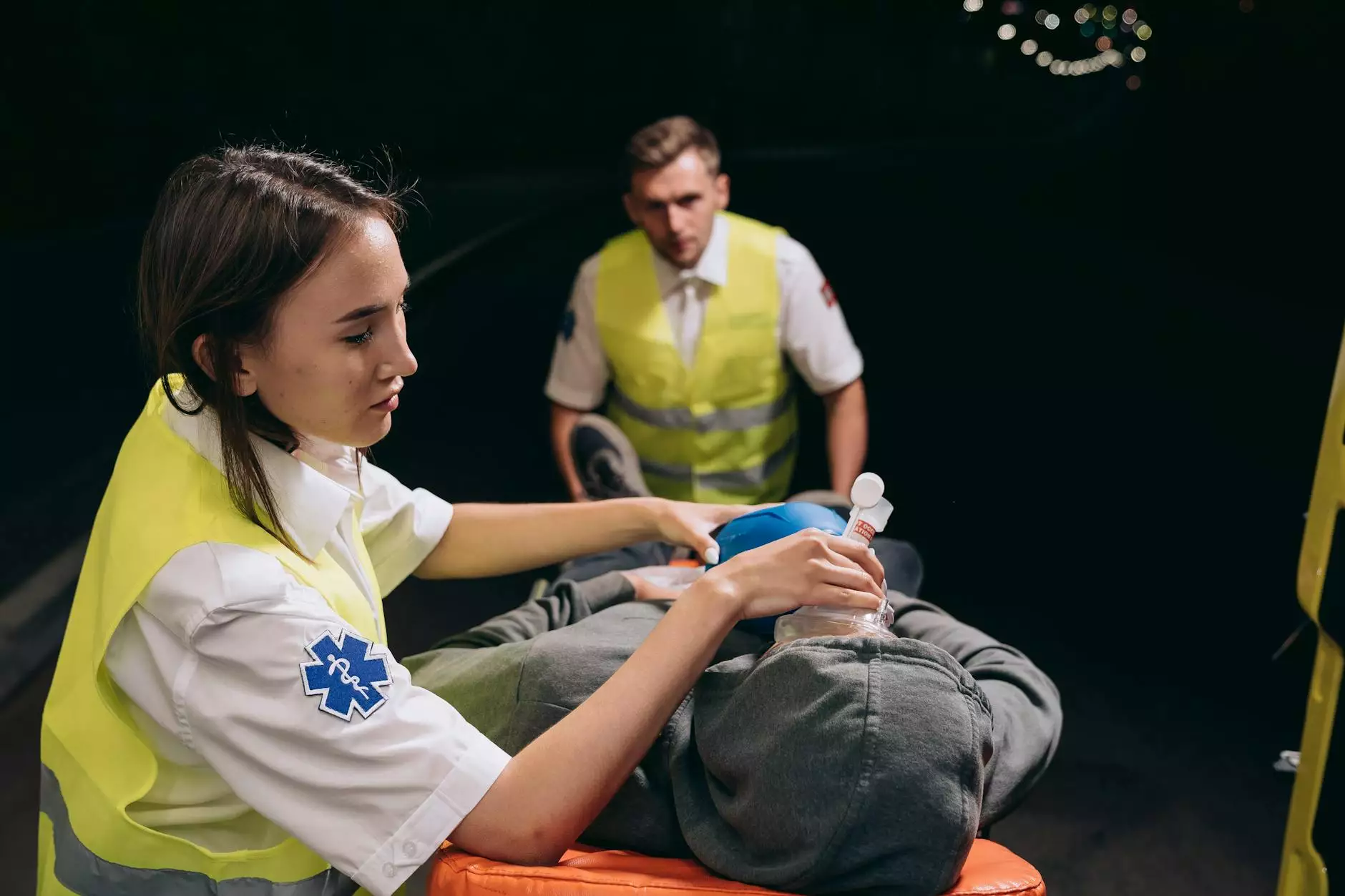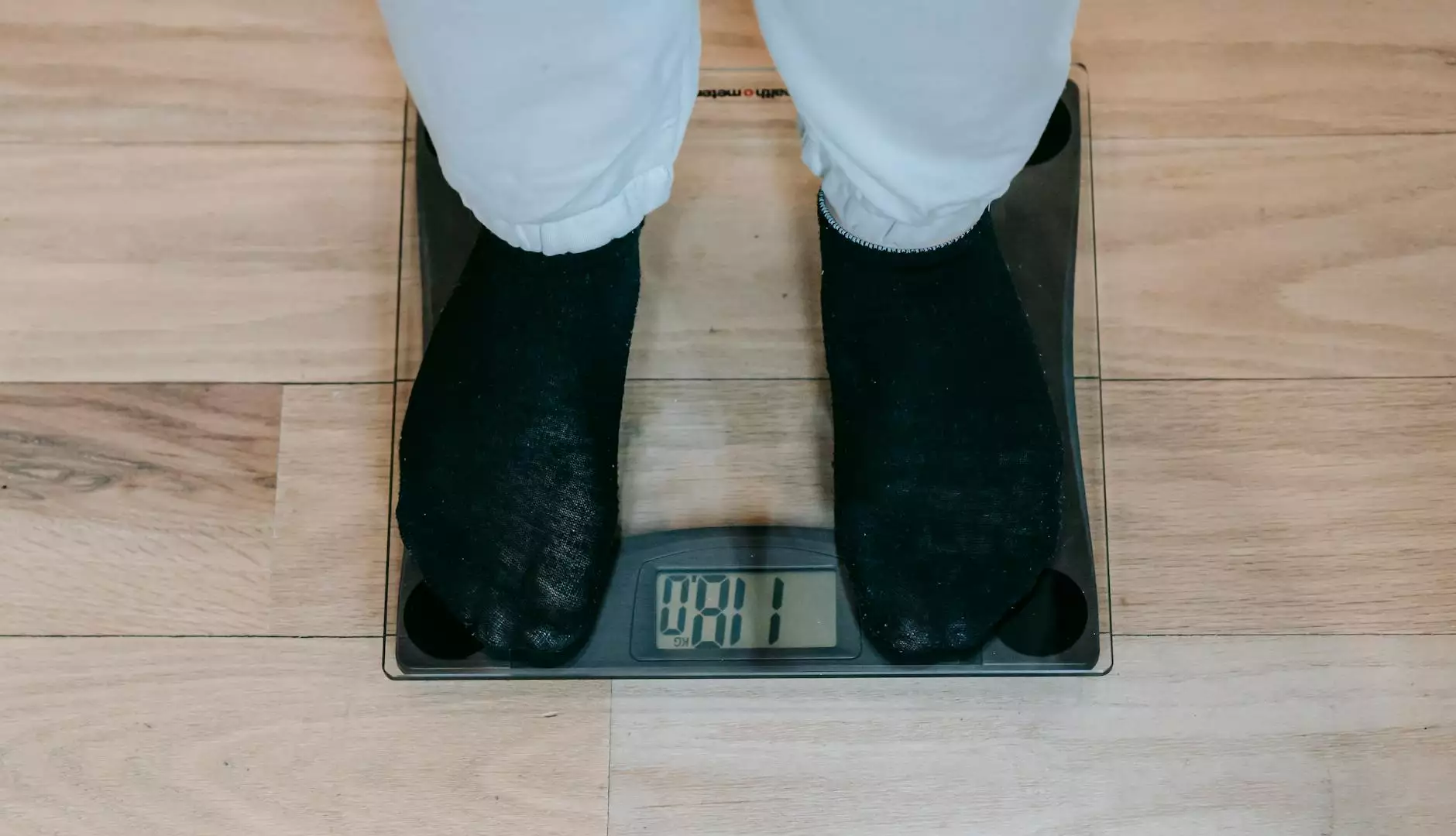Sleeve Gastrectomy Recovery: Your Complete Guide

Sleeve gastrectomy is a popular weight-loss surgery that has transformed the lives of many individuals struggling with obesity. However, the sleeve gastrectomy recovery process can significantly impact the overall success of the procedure. Understanding what to expect during recovery and how to adapt your lifestyle is crucial for achieving your weight loss goals and improving your health. This article will delve into the details of the recovery process, including what to expect, ways to manage post-operative symptoms, and tips for long-term lifestyle changes.
1. Understanding Sleeve Gastrectomy
Before diving into the recovery aspects, it’s essential to understand what sleeve gastrectomy entails. This surgical procedure involves the removal of a significant portion of the stomach, resulting in a sleeve-shaped stomach that limits food intake and induces hormonal changes that promote weight loss. It is typically performed laparoscopically, which means it’s less invasive than traditional surgery, reducing recovery time and minimizing scarring.
2. The Stages of Sleeve Gastrectomy Recovery
Recovery from sleeve gastrectomy generally occurs in several stages, each lasting a different duration depending on individual factors. Here are the commonly recognized stages:
- Immediate Post-Operative Care (0-2 Days): This stage involves monitoring in the hospital immediately after surgery. Patients typically stay for 1-3 days depending on their health status.
- Initial Recovery (2-4 Weeks): Most patients can return to light activities within a week, but complete rest is advised for about 2-4 weeks. During this period, patients may still experience discomfort.
- Gradual Return to Normal Activities (4-8 Weeks): At this stage, patients can gradually increase their activities, usually returning to their regular work and exercise routines.
- Long-Term Recovery (2 Months and Beyond): Full healing can take several months, and it's crucial to maintain dietary and lifestyle changes for continued weight loss and health improvement.
3. Physical Changes During Recovery
Post-surgery, patients can expect several physical changes as their bodies adjust to the new stomach size. Below are some common experiences:
- Pain and Discomfort: It’s common to feel abdominal pain, especially around the incision sites. This can be managed with prescribed pain medication.
- Nausea: Many patients experience mild nausea, particularly after eating. Staying hydrated and avoiding heavy meals can help alleviate this.
- Dietary Adjustments: The body will require a transition through different dietary stages, starting from liquids to soft foods, eventually leading to a well-balanced diet.
- Rapid Weight Loss: Patients often experience significant weight loss within the first few months; however, this usually stabilizes after the first year.
4. Managing Symptoms and Discomfort
It’s vital to know how to manage discomfort and other symptoms during recovery. Here are some effective strategies:
- Follow Medical Advice: Always adhere to your doctor’s recommendations regarding medications, dietary restrictions, and follow-up appointments.
- Pace Yourself: Allow your body to heal naturally. Avoid engaging in strenuous activities until cleared by your healthcare provider.
- Stay Hydrated: Drinking adequate amounts of water helps to prevent dehydration, which is crucial, especially during the initial recovery phase.
- Keep a Food Journal: Documenting what you eat can help identify any foods that trigger discomfort or nausea, allowing for better dietary adjustments.
5. Importance of Nutrition Post-Surgery
A well-planned diet is essential during the sleeve gastrectomy recovery period. Here are some vital nutritional considerations:
- High-Protein Diet: Incorporating adequate protein helps promote healing and supports muscle retention. Focus on lean meats, dairy, and protein shakes.
- Small, Frequent Meals: Eating smaller meals throughout the day can prevent discomfort and aid digestion.
- Avoid Sugary Foods: Sugar can lead to dumping syndrome – a condition that arises when food moves too quickly from the stomach to the small intestine.
- Stay Hydrated: Aim for at least 64 ounces of fluid per day, but avoid drinking during meals to maximize fullness and prevention of discomfort.
6. Exercise and Physical Activity
Engaging in physical activity is vital for both recovery and long-term weight maintenance. Here are guidelines to follow:
- Start Slowly: Initially focus on low-impact activities such as walking. Gradual progression is key.
- Listen to Your Body: Pay attention to how your body reacts to exercise and adjust your routine accordingly.
- Aim for Cardio and Strength Training: Once cleared by your doctor, incorporate both cardiovascular exercises and strength training to build muscle and improve metabolism.
- Set Realistic Goals: Aim for small, achievable milestones to keep motivated during your recovery journey.
7. Psychological Aspects of Recovery
The emotional and psychological impacts of undergoing sleeve gastrectomy can be profound. Here are some considerations:
- Emotional Support: Seek support from friends, family, or support groups to help cope with the emotional challenges of recovery.
- Counseling: Consider speaking with a counselor or therapist specializing in weight loss surgery to address any concerns you may have during recovery.
- Maintain Positive Expectations: Focus on the positives of the surgery, including better health, improved mobility, and enhanced quality of life.
8. Long-Term Success After Sleeve Gastrectomy
Achieving long-term success post-surgery relies on maintaining a healthy lifestyle. Here are strategies for sustaining your success:
- Regular Check-Ins with Your Healthcare Provider: Routine follow-ups are pivotal to monitor weight loss, nutritional intake, and overall health.
- Join a Support Group: Connecting with others who have undergone similar experiences can provide encouragement and accountability.
- Set New Goals: As you reach your weight loss goals, aim to set new fitness or health challenges to keep you motivated.
- Stay Informed: Keep researching and educating yourself about health, nutrition, and wellness practices.
Conclusion
The journey of sleeve gastrectomy recovery is both challenging and rewarding. By understanding the process, managing symptoms, and adhering to a focused nutritional and exercise plan, patients can ensure a successful recovery. Remember, it’s not just about the surgery itself, but how you adapt your lifestyle post-procedure that ultimately dictates your long-term success. With commitment and the right support, sleeve gastrectomy can lead to significant and lasting health improvements.









